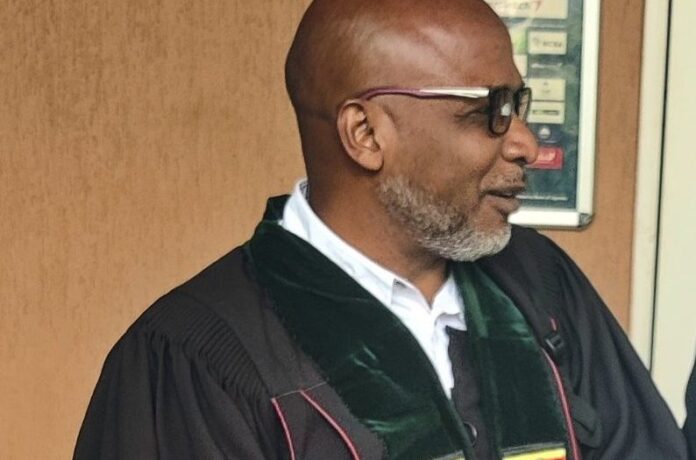The Constitutional Court in Kampala has granted Makerere Community Church Pastor Martin Ssempa permission to join the Attorney General as a respondent to defend the Anti-Homosexuality Act, as it faces challenges through four consolidated petitions.
Joining him will be the Family Life Network and the Secretariat of the Joint United Nations Programme on HIV/AIDS (UNAIDS). UNAIDS aims to provide crucial information to the court, arguing that if the Anti-Homosexuality Law remains, it could impede efforts to combat HIV/AIDS by prohibiting health workers from aiding gay individuals.
The court dismissed 11 other applications, including those from the Southern African Litigation Centre, E Tendayi Achiume, VIIV Healthcare UK Limited, GlaxoSmithKline Services Unlimited, MSD Limited, Gilead Sciences Incorporation, and the Centre for Legal Applied Studies, which failed to sufficiently demonstrate expertise beneficial to the case based on the presented documents.
Many rejected applicants claimed expertise in international law, human rights law, and African constitutionalism, asserting their contribution to the resolution of the case in the public interest. However, the court found that some failed to introduce new or pertinent information to aid jurisprudence.
The court emphasized that the petitions were rejected on the grounds that they duplicated those of the original petitioners, providing no additional value to the court’s understanding.
The detailed reasons for these decisions will be delivered next week by the five Constitutional Court Justices—Deputy Chief Justice Richard Buteera, Geoffrey Kiryabwire, Muzamiru Mutangula Kibeedi, Monica Mugenyi, and Christopher Gashirabake.
The court has set guidelines for the allowed parties regarding submission timelines and content, cautioning against duplicating issues raised by others.
Earlier, the Attorney General, represented by Director of Civil Litigation Martin Mwambutsya, opposed all applications, citing bias and partiality and questioning the motives of the applicants.
The main four consolidated petitions stem from various groups, including politicians, civil society organizations, media practitioners, and Makerere University professors. These petitions seek the removal of the law criminalizing consensual sex among same-sex adults.
The petitioners argue that the Anti-Homosexuality Law, aside from imposing severe penalties such as death and heavy fines, infringes upon constitutional articles relating to personal freedoms and dignity while hindering the fight against HIV/AIDS.
The United States government has threatened aid cuts and travel sanctions against Ugandan government officials, condemning the enactment of this law as a tragic violation of human rights. Similar reactions occurred in the past, with Western governments suspending aid, imposing visa restrictions, and curtailing cooperation after the law’s nullification in 2014 due to insufficient quorum.
Several Western countries, including the European Union, have criticized the law, labeling it discriminatory, degrading, and inhuman, contrary to international laws Uganda has ratified.















